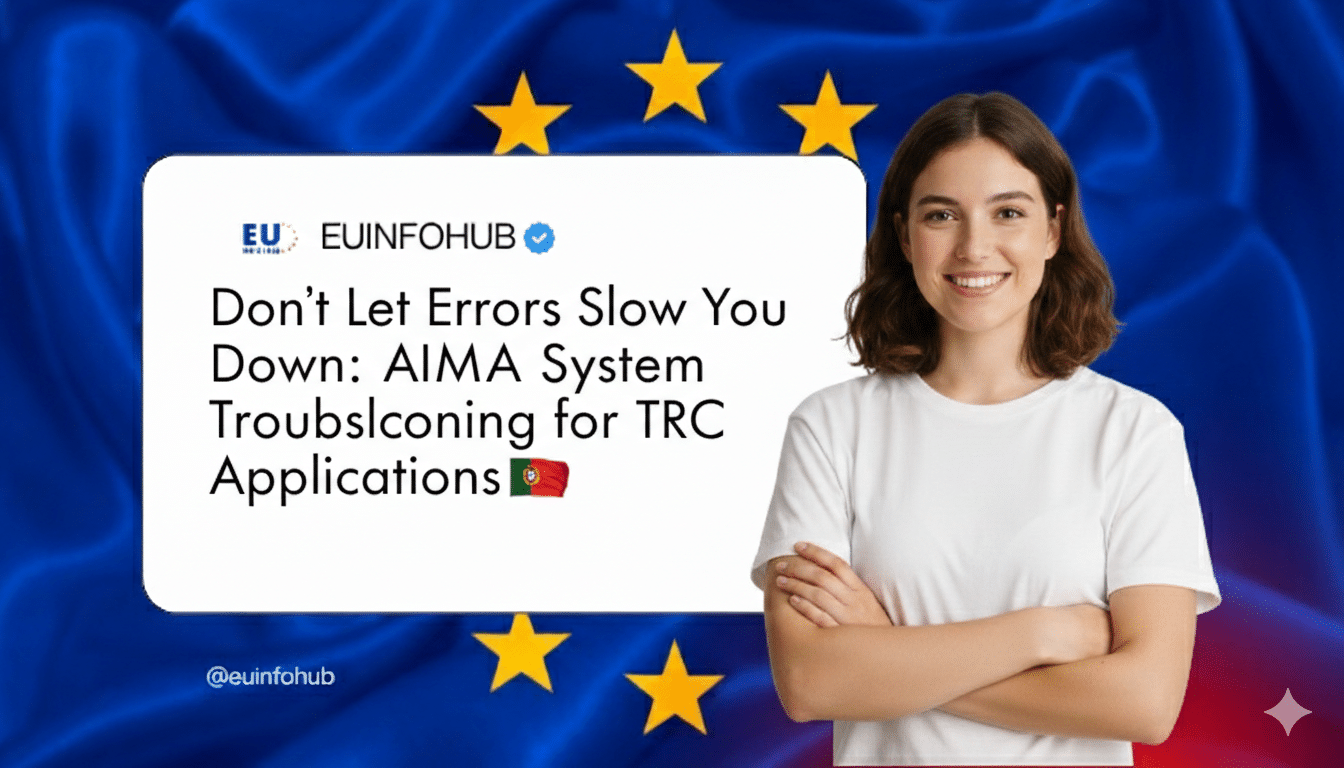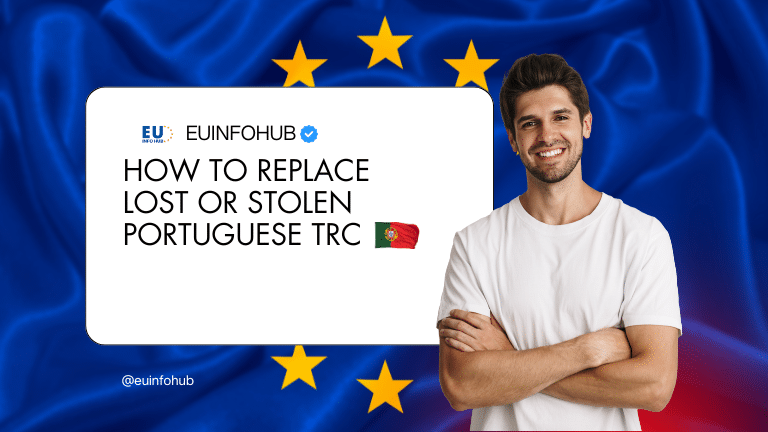Thinking about getting your Master’s in Europe? You’re not alone. Throughout the year, thousands of students explore admission options across Europe to benefit from high-quality and affordable education, which leads to global career opportunities. Whether you’re applying for an MS in Europe or searching for universities in Europe that offer English-language programs, understanding how and when to apply is crucial.
This guide will take you through everything you need to know while applying to European universities for your Master’s: when to apply, what to prepare in terms of the application files, and how to boost your chances for admission.
Why Study a Master’s in Europe?
Europe is one of the most attractive regions in the world for postgraduate study and here’s why:
- Affordable tuition: Most public universities in countries such as Germany, Norway, and Austria charge tuition fees that are either very low or are non-existent.
- Globally ranked institutions: Europe is home to some of the best universities in the world.
- English-taught programs: Thousands of Master’s degrees are available in English.
- Vibrant student life: From ancient cities to modern hubs of technology, the lifestyle is beyond comparison.
- Diverse cultures: You’d meet with people from all over the world while experiencing local culture.
Whether you want to search for EU master’s programs or think of a master’s in Europe, the possibilities are rich and varied.
Application Timeline: When to Apply for 2025 Intake
Your interest in getting a slot at your intended university will not be successful without learning about university admission deadlines. Here’s an overview of timelines across Europe for the 2025 autumn intake:
Application Deadlines by Country
| Deadline Period | Countries |
| Early (Jan 2025) | Sweden, Finland, Hungary |
| Mid (Apr–Jul 2025) | Germany, France, Netherlands, Lithuania |
| Late (Aug–Sept 2025) | Austria, Poland, Latvia |
Tip: Start your applications 6–12 months in advance to increase your chances and allow time for visa processing.
University Admission Requirements in Europe
While requirements may differ slightly by university and country, most European Master’s programs require following documents:
- Bachelor’s degree certificate (with official translation, if needed)
- CV or resume
- Motivation or cover letter
- One or more academic reference letters
- Proof of English proficiency (IELTS or TOEFL)
- Copy of passport or national ID
- Additional documents for program-specific requirements (e.g., GRE, portfolio)
These university admission requirements are standard across most master’s programs in Europe.
After document collection, the next step to get admission in university of Europe is to choose the university that offers your desired porgrams.
Top Universities in Europe That Teach in English
One of the best things about studying for a master’s degree in Europe is the wide availability of master’s programs taught in English, even in countries where English is not the primary language. Whether it is business, engineering, humanities, or life sciences, Europe does not lack choices for students.
Take note of these top-drawer universities known for their excellent English-taught Master’s programs:
Germany
In Germany, education at a public university is either free of charge or at a low cost. Here, many of the programs are available in the English language.
- SRH University Berlin: A private university offering programs in business, technology, and design, primarily aimed at international students. SRH emphasizes project-based learning and innovation.
- Technical University of Munich (TUM): The university consistently ranks among the best in Europe and offers a range of programs taught in English, particularly in engineering, computer science, and the natural sciences.
- RWTH Aachen University: Known for its strong research focus and engineering excellence. The university offers various Master’s programs in mechanical, civil, and electrical engineering.
Netherlands
Dutch universities are pioneers in offering English-taught Master’s programs, with most postgraduate programs available in English.
- University of Amsterdam (UvA): Offers more than 200 English-taught programs. Strong in social sciences, psychology, international law, and media studies.
- TU Delft: Globally known for engineering and architecture. Offers specialized programs in aerospace, robotics, and sustainable design.
- Erasmus University Rotterdam: Excellent for business, economics, and public policy. Home to the highly ranked Rotterdam School of Management.
Sweden
Sweden is progressive, student-friendly, and offers numerous scholarships to international students.
- Lund University: One of Scandinavia’s oldest universities. Offers over 100 Master’s in English, covering everything from biomedicine to sustainability studies.
- KTH Royal Institute of Technology: Sweden’s largest technical university with strong global connections in innovation and research.
Hungary
Hungary emerges as a promising destination for students dreaming on a budget, fairly low but high-quality education.
- The University of Szeged is one of the top-ranked universities in Central Europe. It has good programs in medicine, IT, and business.
- Eötvös Loránd University (ELTE): One of Hungary’s oldest and most respected universities, offering programs in psychology, education, and linguistics.
English-taught Master’s courses are plenty and expanding from Western Europe toward Central Europe every year. These programs boast stellar academic standards and outstanding international networking opportunities.
Scholarship Opportunities for Master’s in Europe
Financing your education in Europe can be more affordable than you think, thanks to a wide range of scholarships available to international students. Here are some of the top scholarship programs to consider:
Government-Funded Scholarships
- DAAD Scholarships (Germany): Covers living costs, tuition fees (if applicable), and travel expenses for international students.
- Swedish Institute Scholarships (Sweden): Aimed at global professionals, offering tuition fee waivers and monthly stipends.
- Stipendium Hungaricum (Hungary): Provides full tuition, a monthly stipend, accommodation allowance, and health insurance.
University-Specific Scholarships
- Erasmus Mundus Joint Master Degrees: Fully-funded scholarships for selected Master’s programs across multiple European universities.
- ETH Zurich Excellence Scholarship (Switzerland): Offers financial support and mentoring to top-performing students.
- University of Amsterdam Merit Scholarship (Netherlands): Covers tuition fees for outstanding non-EU students.
Other Notable Scholarships
- Holland Scholarship: For non-EU students studying in the Netherlands.
- Chevening Scholarships (UK): Fully funds tuition and living costs for exceptional students in the UK.
To know more about scholarships and funding in Europe, read our detailed guide here.
Application Tips
Start early and tailor your application to highlight academic achievements and alignment with scholarship goals. With the right planning, these scholarships can make studying in Europe a reality!
Late Applications & Rolling Admissions
Even if you miss an official deadline, there may still be hope.
Rolling Admissions & Flexibility
- Many business schools across Europe offer rolling admissions.
- Some universities accept late applications if spots are still available.
- Countries with more flexible timelines: Germany, Austria, Estonia, and Hungary.
Always contact the university directly to check if late applications are possible.
Visa Considerations for Non-EU Students
If you’re from outside the EU/EEA, your university admission process must include visa planning.
Visa Planning Tips
- Begin researching visa requirements 1–2 years before your intended start.
- You will usually need:
- Admission letter
- Proof of funds
- Health insurance
- Passport
- Admission letter
- Visa processing can take several weeks to months.
Late visa starts can delay or even cancel your admission, so act early.
Interesting Read: Here is the guide to student work permits in Europe.
Tips to Boost Your University Admission Chances
Want to increase your chances of getting in? Here’s how:
Smart Application Tips
- Apply early to secure priority review and accommodation options
- Customize your motivation letter for each program
- Don’t overlook less competitive countries or smaller universities
- Apply for scholarships, as many European universities offer financial aid
Whether you’re eyeing a master’s degree in Europe or searching for specific master’s programs in Europe, a well-prepared application stands out.
Wrap Up
University admission in Europe doesn’t need to be one big hassle. With the right timing, the right documents, and a strategic plan, you can unlock opportunities to study at some of the world’s best institutions.
Cheap tuition fees and high standards of education make master’s programs in Europe a gateway to progress for students. Explore the programs now, plan for applications, and prepare for a life and learning experience across the continent.
Are you ready to make your dream come true? Start researching universities, gather the required documents, and submit your application early for a Master’s degree in Europe. Your future begins today- start it with EU Info Hub.
Frequently Asked Questions (FAQs)
1. Can I apply to more than one university in different countries of Europe?
Indeed! You can apply to several universities in Europe, keeping an eye on the deadline and preparing the application documents accordingly.
2. What if I don’t have my English test results yet?
Several universities will allow you to apply and submit your IELTS/TOEFL score later; however, be sure to inquire about specific deadlines.
3. Are there scholarships available for international students?
Yes, many universities and governments in Europe offer scholarships specifically for Master’s students. Start searching early to meet your deadlines.
4. Which countries are the most affordable for Master’s students?
Germany, Norway, and Hungary are among the most affordable options for those seeking completely free or very low tuition rates.
















Hi am study Abroad agent in Nigeria when is admission starting again